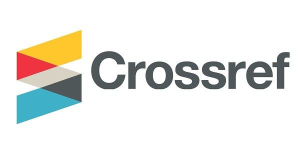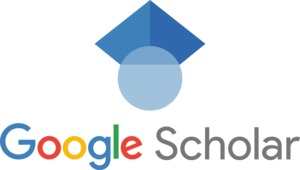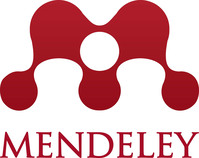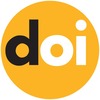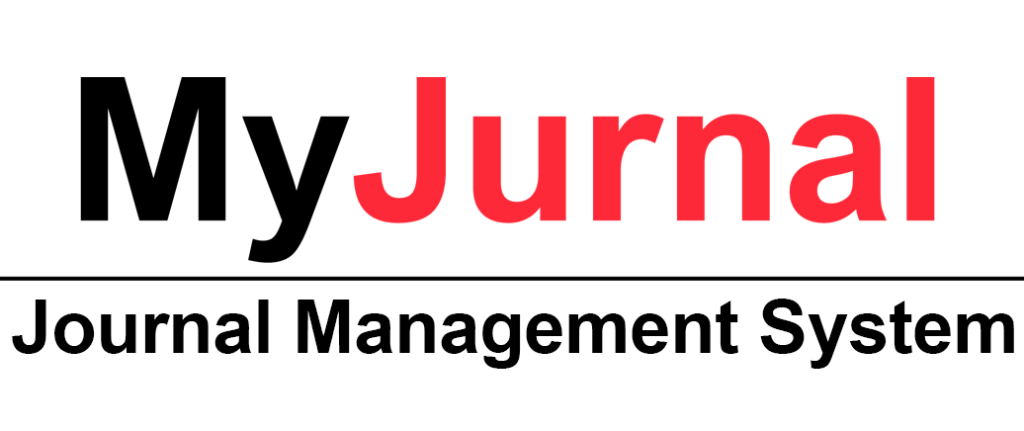Differences in Technological Pedagogical Content Knowledge Between Experienced and Less Experienced Computer Teachers in Ogun State, Nigeria
DOI:
https://doi.org/10.31436/ijes.v12i2.514الكلمات المفتاحية:
TPACK، ICT، In-Service Teachers، Teacher Education، Teaching Experienceالملخص
This study assessed differences in technological pedagogical content knowledge (TPACK) between experienced and less experienced computer studies teachers in Ogun State, Nigeria. Three research questions were used in the survey research, with a total number of two hundred (200) respondents, using multistage sampling technique. The instrument used was an adapted test scale measuring technological pedagogical knowledge (TPK), technological content knowledge (TCK) and technological pedagogical content knowledge (TPACK). It is divided into two sections with a reliability coefficient value of 0.78, 0.72 and 0.71 respectively, while data was analysed with t-test statistical method. The study revealed no significant difference in the technological pedagogical knowledge (TPK) between experienced and less experienced computer teachers (t = 0.346, P > 0.05), significant difference in the technological content knowledge (TCK) between experienced and less experienced computer teachers (t =2.423, P < 0.05) and significant difference in the technological pedagogical content knowledge (TPACK) between experienced and less experienced computer teachers (t =1.306, P < 0.05). In the recommendation, professional development in terms of continuous workshop, in-service training and seminar should be constantly organised for both experienced and less experienced secondary school computer teachers in Ogun State for improved TPK. Also, in-service training and seminar should be constantly provided for less experienced computer teachers in Ogun State for improved TCK and TPACK.
المقاييس
التنزيلات
منشور
كيفية الاقتباس
إصدار
القسم
الرخصة
الحقوق الفكرية (c) 2024 IIUM Press, International Islamic University Malaysia

هذا العمل مرخص بموجب Creative Commons Attribution 4.0 International License.
The Journal will own copyright to all published works and have the right of first publication, both in print and online, unless other arrangements are made with the Editors in advance. It is the author`s responsibility to ensure that where copyright materials are included within an article the permission of the copyright holder has been obtained beforehand.





